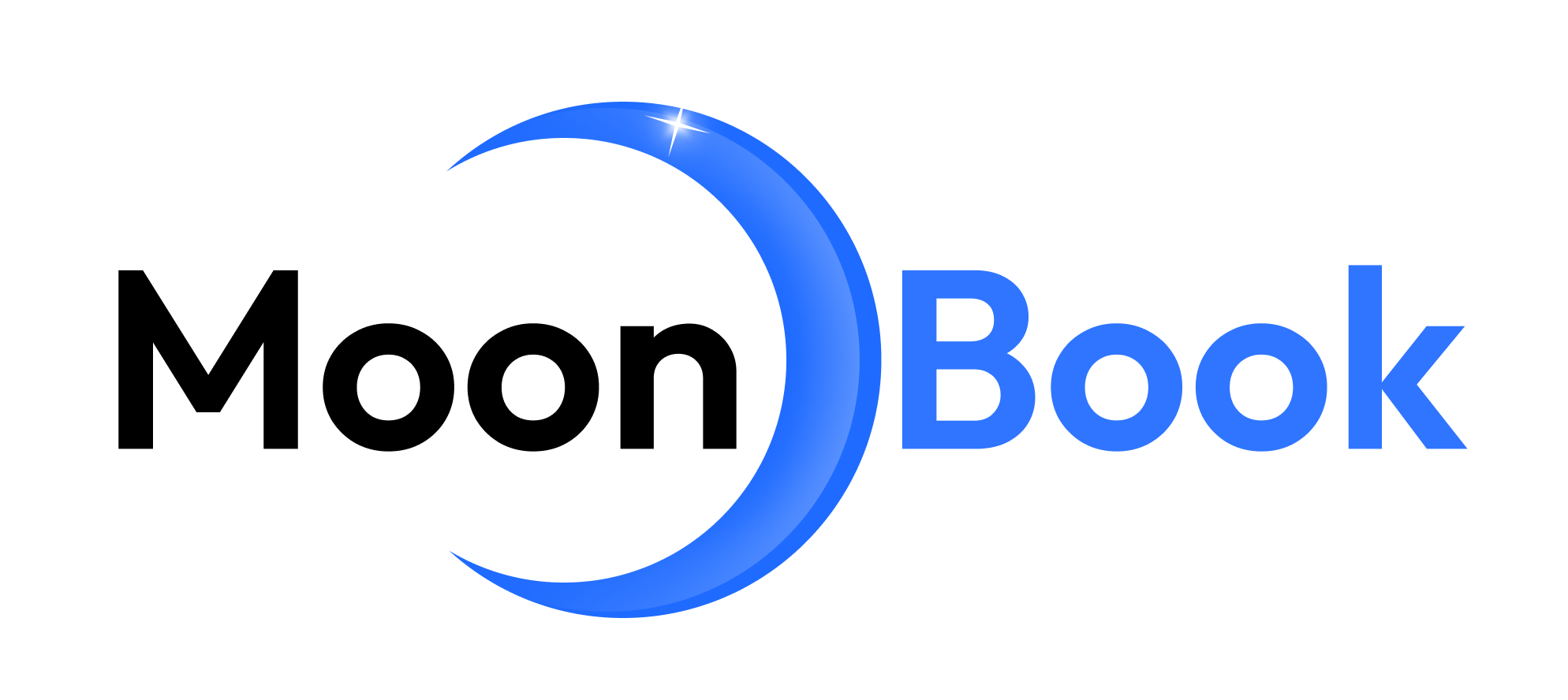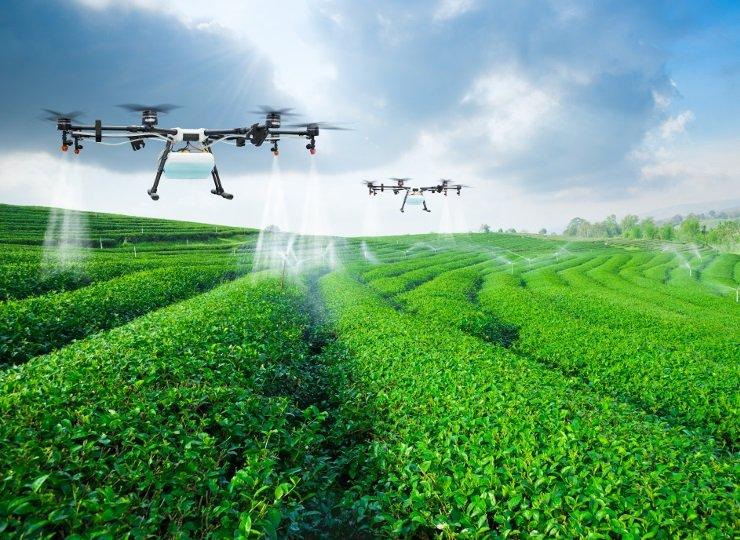The future of global food production is being actively shaped by the powerful and often conflicting strategies of the leaders in the digital agriculture market. A detailed analysis of these Digital Agriculture Market Market Leaders—a group dominated by the major equipment manufacturer John Deere and the agricultural science giant Bayer (with its Climate FieldView platform)—reveals a high-stakes competition to become the indispensable digital operating system for the farm. These leaders are not just selling tractors or seeds; they are building vast, data-driven ecosystems designed to manage every aspect of the farming operation and to lock in the farmer for the long term. Their strategies are a direct response to the market's significant growth and the immense opportunity to create new, recurring revenue streams from software and data services. The Digital Agriculture Market size is projected to grow USD 16.55 Billion by 2035, exhibiting a CAGR of 5.14% during the forecast period 2025-2035. To secure their leadership positions, each of these giants is leveraging its unique incumbency and assets to pursue a different path to owning the digital farm.
John Deere's strategy is a masterclass in a hardware-led, vertically integrated ecosystem approach. Their core strategy is to leverage their dominant market share in agricultural machinery to drive the adoption of their digital platform, the MyJohnDeere Operations Center. They have made their advanced precision agriculture technology—including GPS auto-steer, sensor technology, and telematics—a standard and deeply integrated feature of their iconic green tractors, combines, and sprayers. This creates a massive and proprietary data source, as every pass of a John Deere machine across a field generates a wealth of valuable information. The next step in their strategy is to provide the software platform that allows the farmer to manage this fleet and to analyze this data. By offering an integrated ecosystem where the machine and the software are designed to work seamlessly together, they create a powerful value proposition and a very "sticky" customer relationship with high switching costs. Their strategy is to win by being the single, end-to-end provider for the entire farm equipment and digital management stack, a classic "walled garden" approach.
In contrast, the strategy of Bayer's Climate FieldView platform is one of being a more open, hardware-agnostic data hub. While Bayer is a giant in seeds and crop protection, its digital strategy recognizes that most farms operate a "mixed fleet" of equipment from different manufacturers. Therefore, FieldView's core strategy is to be the central platform that can ingest and aggregate data from a wide variety of sources, including John Deere, Case IH, and other equipment brands, as well as from satellite imagery and weather services. Their competitive advantage is their neutrality and their ability to provide the farmer with a single, unified view of their entire operation, regardless of the color of their tractors. Their go-to-market strategy has been to offer a simple and affordable data collection device that can be easily retrofitted onto older equipment, which has allowed them to achieve massive adoption and to become a leading platform for farm data aggregation. This "open platform" strategy is a direct challenge to the closed ecosystem approach of the equipment manufacturers, creating the central strategic battle in the digital agriculture market today.
Top Trending Reports -
South America AI Studio Market



